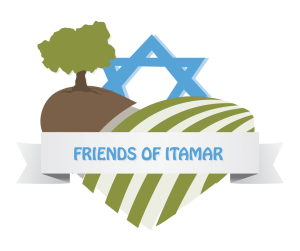Rosh Hashana the connection between the Shofar and Sarah
Rabbi Moshe Goldsmith’s thoughts on the New Year http://youtu.be/tc3WEzTJXQA
Rosh Hashana – The Time of Your Life – 2010
Rosh Hashana – The Time of Your Life September 8, 2010 If Pesach’s design is to set one’s house in order and remember leaving Egypt, the ten Days of Repentance beginn
Shabbat Cholo Moed Pesach – 2010
Shabbat Cholo Moed Pesach April 2, 2010 Rabbi Moshe Goldsmith It is an ancient custom to read the Song of Songson Shabbat Cholo Moed Pesach. The Song of Songs is described by the g
Shabbat HaGadol- Pesach – 2010
Shabbat HaGadol- Pesach March 26, 2010 Rabbi Moshe Goldsmith The Shabbat before the holiday of Pesach is known as Shabbat Hagadol, the great Shabbat. Many explanations have been
Parshat Tizaveh- Purim – 2010
Parshat Tizaveh- Purim February 25, 2010 In this week’s Parasha there is a clear hint to the holiday of Purim. In Parshat Tizaveh Moshe Rabbeinu is commanded to tell Aaron th
Succoth – Rain! 2009
Hoshanah Rabbah October 9, 2009 The renowned Abarbanel(1437-1508) teaches us that the three major holidays: Pesach, Shavuot, and Succot each represent a stage in building the Jewis
Succoth 2009 – Hashem hugging us
Sukkot 2009–10–03 At the beginning of fall, at the height of harvest time, we celebrate Sukkot: Z’man Matan Simchateynu, the season of our rejoicing. The storehouses are
Rosh Hashanah the concealed holiday – 2009
Rosh Hashanah the concealed holiday September 18, 2009 Our sages bring down in the tractate of Rosh Hashanah (11A) a list of events that occurred on Rosh Hashana (New Year) two of
Tisha B’Av – The Nine Days – 2009
The Nine Days July 24, 2009 The nature of the 9th of Av and the days leading up to it can only be described as one of dread. It is a time when “exaggerated vision” come
Pesach – Malchut(Kingship) 2009
Pesach April 2, 2009 The Talmud refers to Nissan as the month of liberation. “In Nissan our forefathers were redeemed from Egypt and in Nissan we will be redeemed.” (Ro

